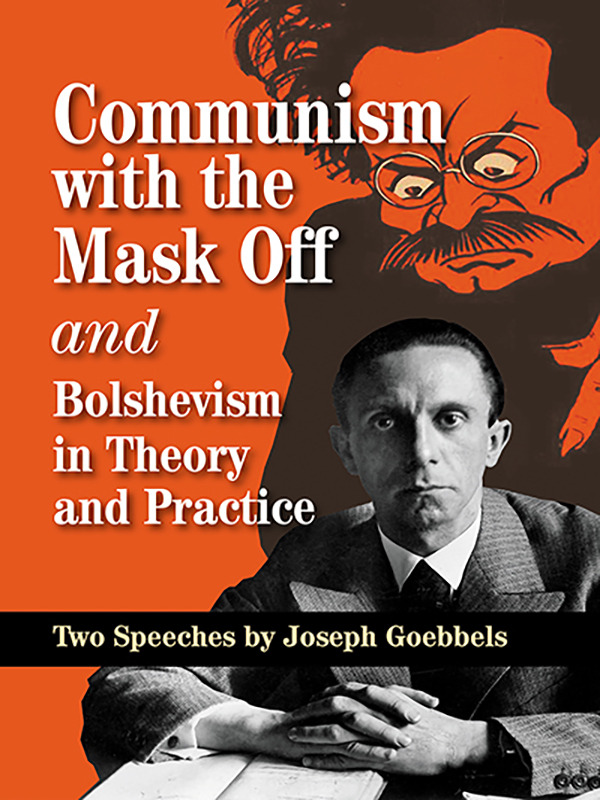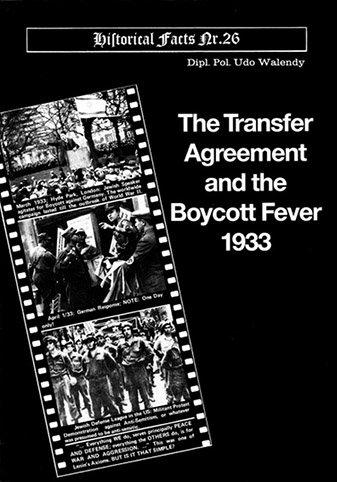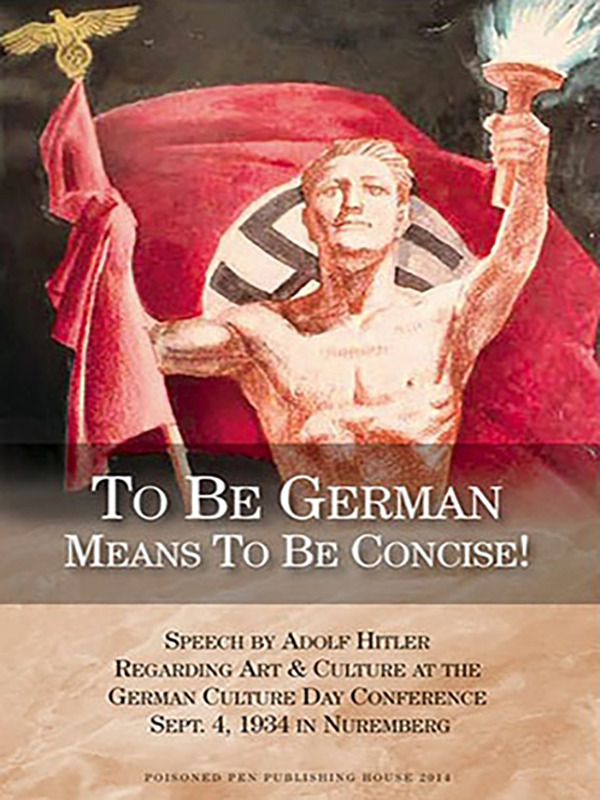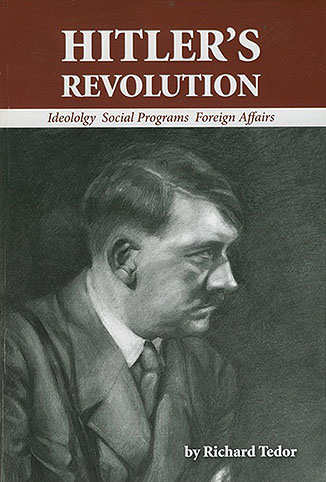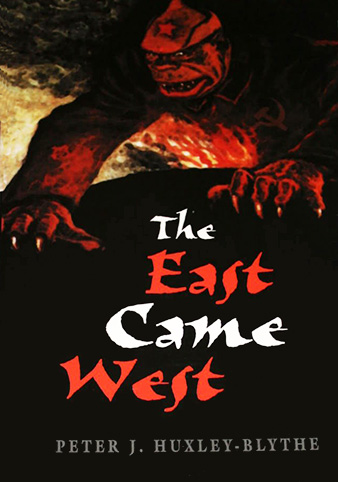Communism with the Mask Off and Bolshevism in Theory and Practice
$12.00
These two dramatic speeches, made by German Minister of Propaganda Joseph Goebbels at the famous Nuremberg rallies of 1935 and 1936, sum up the National Socialist interpretation of Communism and Bolshevism and its threat to the world.
In Communism With the Mask Off, Goebbels describes in detail the Jewish origins of Marxism and Communism, and lists the leaders and instigators of that ideology in Russia, Germany, many European nations and even China.
In Bolshevism in Theory and Practice, he discussed the practical social, political and economic consequences of Marxism—and how Germany had broken that menace.
- Description
Description
These two dramatic speeches, made by German Minister of Propaganda Joseph Goebbels at the famous Nuremberg rallies of 1935 and 1936, sum up the National Socialist interpretation of Communism and Bolshevism and its threat to the world.
In Communism With the Mask Off, Goebbels describes in detail the Jewish origins of Marxism and Communism, and lists the leaders and instigators of that ideology in Russia, Germany, many European nations and even China.
“As far as we ourselves are concerned, we have completely overcome this menace. Indeed, perhaps, outside of his work in Germany, the greatest service which our Führer has rendered the world is that, here in Germany, he has set up a barrier against world Bolshevism upon which the waves of this vile Asiatic-Jewish flood break in vain.”
In Bolshevism in Theory and Practice, he discussed the practical social, political and economic consequences of Marxism—and how Germany had broken that menace.
“We have proved under the most unfavorable circumstances that Bolshevism can be overcome if one wishes to do so, if one uses the proper means, and if one is determined to oppose the powers of destruction with all one’s strength and all one’s manly courage.”
About the author: Paul Joseph Goebbels (1897–1945) was an early member of the Nazi Party and reputedly had the highest IQ in the party. He obtained a Ph.D. from Heidelberg University in 1921 with a thesis in 19th- century Romantic School literature. He then went on to work as a journalist. By 1924, he had joined the NSDAP and, two years later, was appointed leader of the party in Berlin to wrest political control of that city from the Communist Party—an objective he attained. Elected to the Reichstag in 1928, Goebbels took an active part in Hitler’s rise to power in 1933, and was appointed minister of information (then called “propaganda”), a position he held until the end of the war, when he committed suicide rather than fall into Allied captivity.
Softcover, 64 pages, #673

